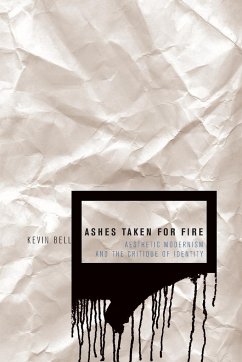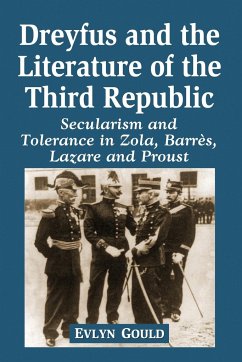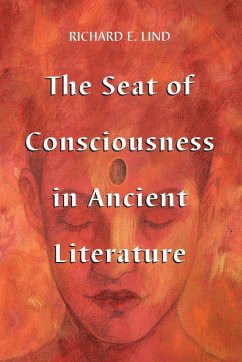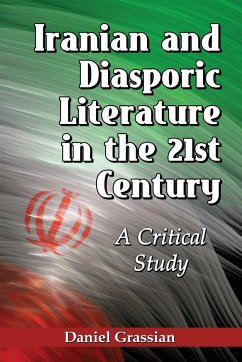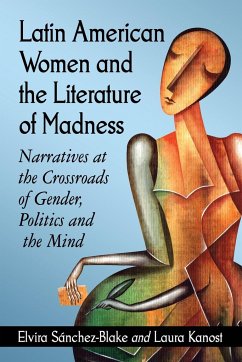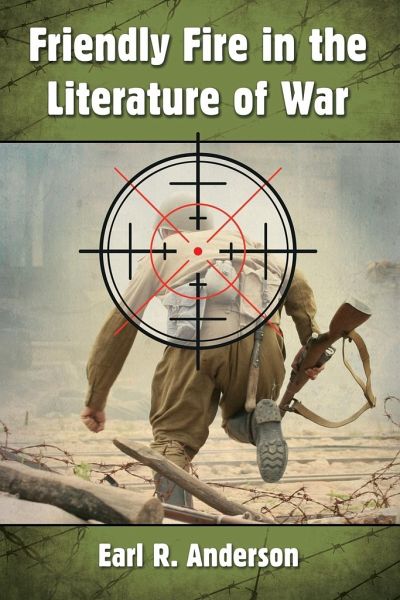
Friendly Fire in the Literature of War
Versandkostenfrei!
Versandfertig in 1-2 Wochen
54,99 €
inkl. MwSt.

PAYBACK Punkte
27 °P sammeln!
The term "friendly fire" was coined in the 1970s but the theme appears in literature from ancient times to the present. It begins the narrative in Aeschylus's Persians and Larry Heinemann's Paco's Story. It marks the turning point in Homer's Iliad, Virgil's Aeneid, the Chanson de Roland, Stephen Crane's The Red Badge of Courage and Tim O'Brien's Going After Cacciato. It is the subject of transformative disclosure in Jaan Kross's Czar's Madman, Ron Kovic's Born on the Fourth of July, O'Brien's In the Lake of the Woods and A.B. Yehoshua's Friendly Fire. In some stories, events propel the charact...
The term "friendly fire" was coined in the 1970s but the theme appears in literature from ancient times to the present. It begins the narrative in Aeschylus's Persians and Larry Heinemann's Paco's Story. It marks the turning point in Homer's Iliad, Virgil's Aeneid, the Chanson de Roland, Stephen Crane's The Red Badge of Courage and Tim O'Brien's Going After Cacciato. It is the subject of transformative disclosure in Jaan Kross's Czar's Madman, Ron Kovic's Born on the Fourth of July, O'Brien's In the Lake of the Woods and A.B. Yehoshua's Friendly Fire. In some stories, events propel the characters into a friendly-fire catastrophe, as in Thomas Taylor's A Piece of this Country and Oliver Stone's 1986 film Platoon. This study examines friendly fire in a broad range of literary contexts.





